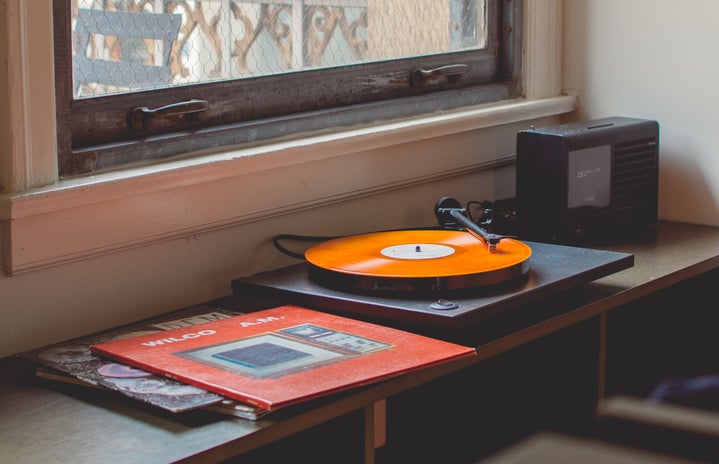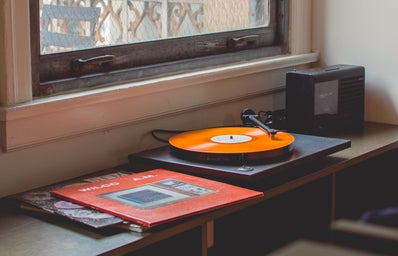Most of us would be lying if we said we liked studying as a university student. Sure, I love grabbing some iced coffee and “studying” with my friends until the late hours of the night, but trying to focus on actual studying without distractions is a challenge.
After spending hours attending lectures and working, settling down to study at night is exhausting and the last thing I want to do. Although some people can deal with the background noise of their roommates talking or the TV, I can’t focus on reading words from my textbook while my mind gets distracted by other ongoing conversations.
My secret to staying focused while studying and being the most productive with my time is to listen to music. Even as I write this article I’m streaming the “lofi hip hop radio – beats to relax/study to” live stream by Lofi Girl, a YouTube channel with nearly 10 million subscribers. As I’m writing this, there are over 30 thousand other people worldwide tuning into this Livestream as well. Despite the thousands of people who watch these live streams, they aren’t actually watching the video- they’re listening to the music being played instead. Over the past few years, the Lofi Girl channel has reached nearly one billion views across its videos.
The term lo-fi is the shortened version of “low fidelity”, created as a word to contrast “high fidelity” in the 1950s. It originated as a term to describe a production quality when musical elements were regarded as imperfections but kept in the music recording as an aesthetic choice. I had always thought lo-fi was a recent musical genre, but it turns out it’s been around since as early as the 1950s. Although it’s hardly similar to what we now consider lo-fi, new genres throughout the decades heavily influenced many musical elements of current lo-fi. From notable artists including the Beatles and Bob Dylan, lo-fi music grew from 1950s rock and roll, 1970s cassette culture, 1990s alternative indie and the 2010s SoundCloud era. Modern lo-fi only increased in popularity among the YouTube music scene within the past few years and typically features a dreamy and retro soundscape. However, the question remains: what’s so special about lo-fi music?
For my music fanatics out there, the musical structure of lo-fi music builds from three core but simple elements: a jazzy instrumental, drum loops and environmental noises. A jazz chord progression provides the relaxing and calming quality to lo-fi. Drum loops form rhythms and are usually within a low-mid tempo range of approximately 70-90 BPM. Lastly, intentional environmental noises can include sounds such as faux vinyl crackle, cassette tape static or anything else with a mellow sound.
So, why does lo-fi music work to help us study, relax and de-stress? Compared to other music genres, lo-fi is an underrated choice for background music. By using mellow sounds to block out other unwanted noises, the artists strategically use these sounds with a predictable rhythm. Basically, lo-fi is right between music that is peaceful and relaxing to energetic songs played at the club. Lo-fi can help improve productivity without being too distracting. The jazz chords and drumbeat are creative and fun but still slow and repetitive enough that they become subconsciously predictable, without needing to focus too hard. There’s also a nostalgic element to lo-fi music from the environmental noises such as vinyl crackles or rain soundtracks. All these familiar and comfortable noises bring listeners peace and can improve their mood. These musical elements are also what sets lo-fi apart from other common background music choices, including classical music.
Not only has listening to lo-fi music improved my focus and productivity, but it’s also great music to help decrease anxiety and elicit positive and calm emotions. The next time you’re feeling stressed or distracted, try listening to some lo-fi music! It may seem painfully simple and boring at first, but your mind will easily fall into the lull of lo-fi and help you relax and study.


